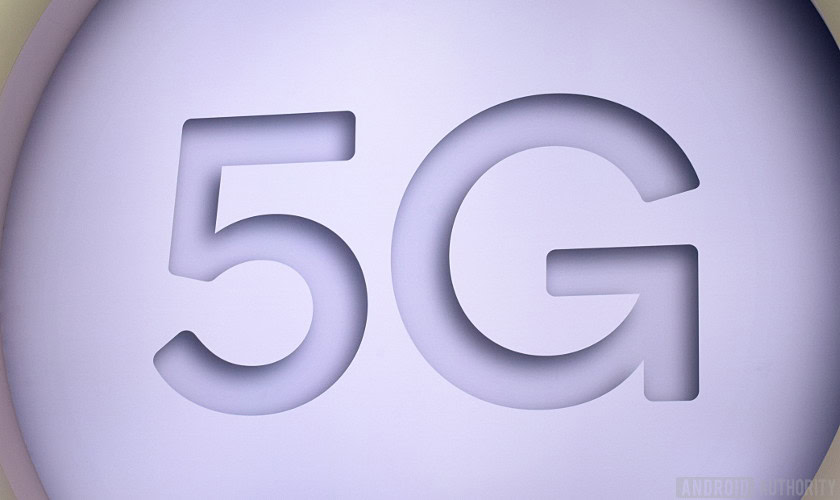Affiliate links on Android Authority may earn us a commission. Learn more.
City council of Portland, OR, will vote on 5G ban due to 'health risks'
March 12, 2019

Tomorrow, members of the city council in Portland, OR, will vote on whether or not to oppose the rollout of 5G wireless networks in the area. According to a proposal endorsed by Portland’s mayor, Ted Wheeler, the basis for the dispute over 5G is possible “adverse health conditions such as cancer.”
The proposal is up for a vote despite there being no verifiable scientific proof that LTE, 5G mmWave, or even Wi-Fi signals have any lasting harmful effect on people.
The proposal cites a 10-years-long study by the National Toxicology Program (NTP), a division of the U.S. Department of Health and Human Services. This study is frequently cited by conspiracy theorists and sensational journalists as proving that radiation emitted by cell phones could potentially cause cancer.

However, there are numerous flaws in the study’s methodology. There’s also the fact that the study was conducted on mice (a poor substitute for humans) and that it was based on 2G and 3G technology, not 5G.
Our own Robert Triggs breaks down the study and its flaws in his terrific article, “5G is not going to microwave your brain.”
Despite the lack of science to back up the Portland city council’s desire to block 5G networks, there is actually an important aspect of this proposal that requires some discussion. In the proposal, the city council laments that individual states and townships don’t have the ability to choose whether or not to roll out new technologies approved federally by the FCC. In other words, although the proposal does make some bogus claims about “health risks” related to 5G, it does have some merit in that it illuminates just how much power the FCC has when it comes to local decisionmaking.
You can read the full proposal here.
Thank you for being part of our community. Read our Comment Policy before posting.